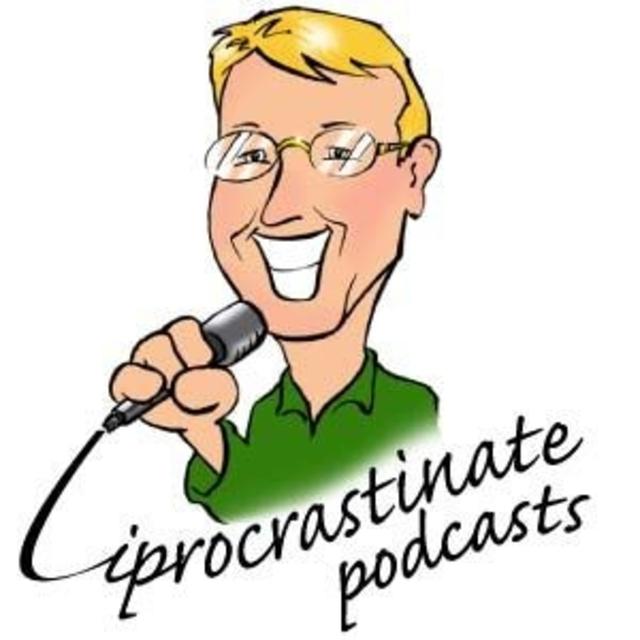
Guilt and our strategies to reduce cognitive dissonance for procrastinating
Nov 23, 2009•44 min
Episode description
When we procrastinate, the most common emotion is guilt. It's an uncomfortable feeling caused, at least in part, by the dissonance between what we intended to do and what we're doing (not what we intended). This dissonance is uncomfortable, and we do a number of things to reduce it including distraction, denial, and trivialization to name a few. This week, I discuss the nature of cognitive dissonance in relation to procrastination as well as the various strategies we use to make ourselves feel better. Of course, I also suggest a strategy that's more effective in the long run.
If you want to read about this in addition to listening to the podcast, check out my Don't Delay blog on Psychology Today entitled, "Procrastination, guilt, excuses and the road less traveled."
Interested in learning more about procrastination? Check out procrastination.ca.
If you want to read about this in addition to listening to the podcast, check out my Don't Delay blog on Psychology Today entitled, "Procrastination, guilt, excuses and the road less traveled."
Interested in learning more about procrastination? Check out procrastination.ca.
For the best experience, listen in Metacast app for iOS or Android
Open in Metacast